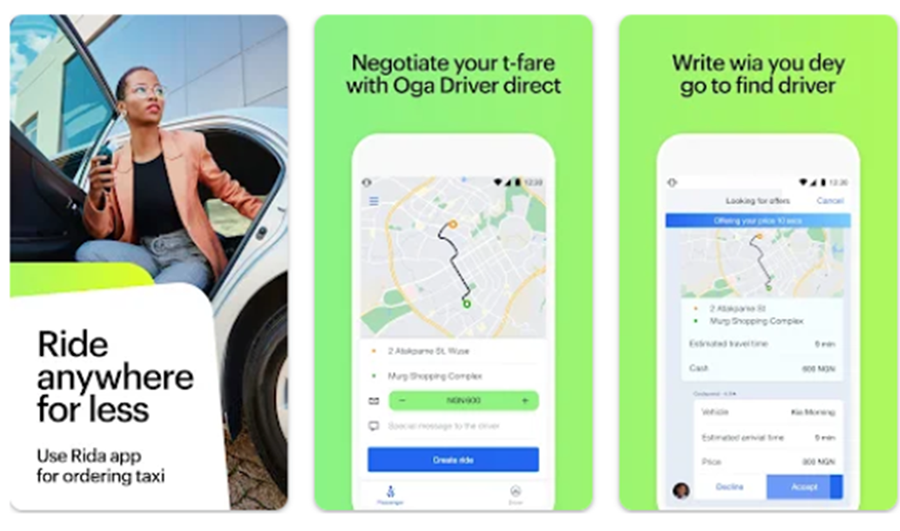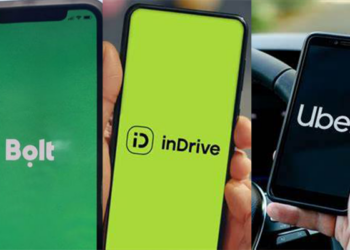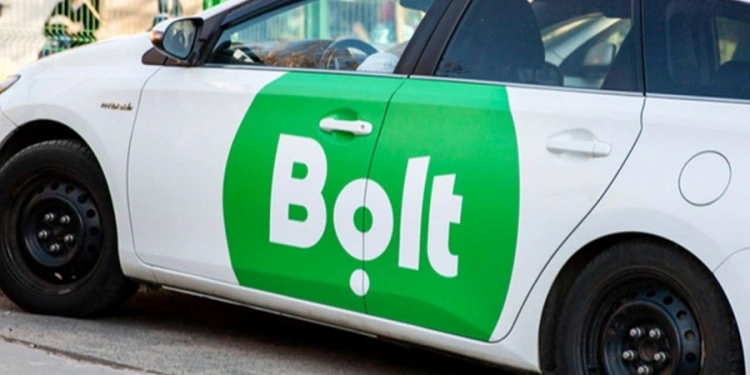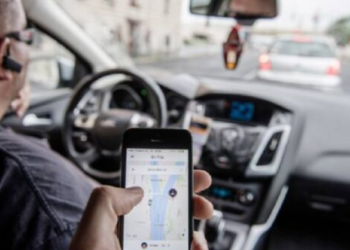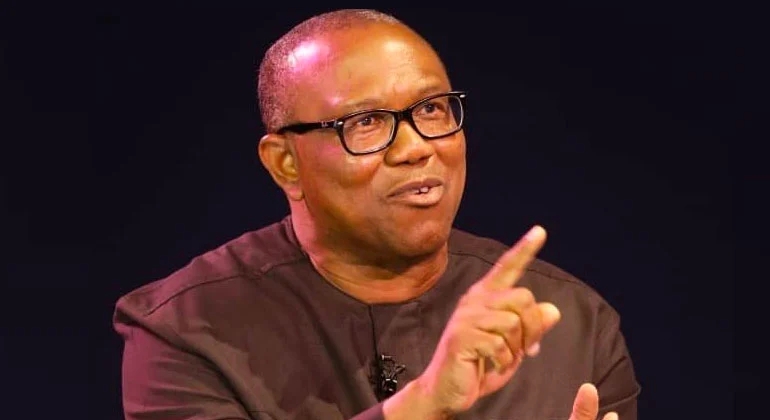There is no doubt that the e-hailing service providers in Nigeria are helping to address the transportation problem in the country. While the likes of Uber and Bolt have been the pioneers in Nigeria, the huge business opportunity in this industry has seen new coming into the space.
One of the latest entrants into this business in Nigeria is Rida, which was launched in the country in 2020. Rida prides itself on being ‘cheaper than taxi’. Its unique selling proposition is that a rider and driver can negotiate the price before an order is confirmed, thus offering more affordable service depending on the bargaining power of the rider.
This is quite different from Uber or Bolt services where the rate is determined by the app based on the traffic situation and the distance. According to the company, Rida also helps passengers set realistic prices by suggesting an estimate calculated on the basis of statistics, time of the day, day of the week, traffic conditions, and official prices of conventional ride-hailing services. On average, the price paid by passengers in identical conditions is 10 to 30% lower than with conventional ride-hailing apps.
At 11 MB download size, the Rida app is lighter compared with Uber, which is 71 MB on the Google Play Store, and Bolt at 21 MB, thus offering users some comfort with space on their phones. But the user experience is key to its rating.
Users’ reviews
Two years into its operation in Nigeria, both riders and drivers using the Rida app seem not to be getting what they expected from the app. From inaccurate location mapping to poor matching of riders with drivers based on distance, the user experience shows that many things are wrong with the Rida app. Here’s what the users, both drivers, and riders, are saying about the app through their reviews on Google Play Store:
For Victoria Jessica, being cheap is not enough. “As beneficial and cheap as the app is as opposed to other apps, I think their drivers actually need to be cautioned. The first time I used the app, I bargained the price and the driver accepted it. Then he picked me up and started yelling about how I bargained the price. Tonight, I said let me fear God. I didn’t even bargain the price given by the app, I accepted and selected a driver. He also accepted. He’s picked me now and is currently complaining about how the price isn’t worth the trip,” she wrote.
Another user of the Rida app, Victor Enejo Attah, loves the concept of Rida but he is not happy with the inaccuracy of timing on the app. “I love the concept and the simple user interface, which makes it easy. It is the cheapest I’ve seen so far, but the app doesn’t show when you’ve started your journey or finished until very much later,” he said.
Complaints about the app are not just from the riders but also from the drivers. David Patts is a driver on the Rida app and he is having problems with the inaccuracies of the map on the app. Writing his review, he said: “From a driver’s point of view, what is the in-app map really there to do when you can’t tell a location from the extremely tiny map display when orders are oncoming? The app’s estimation of destination distance is mostly inaccurate. The app will show a distance of 11KM to the destination, but when you accept, pick up and start the ride, you will realize the destination is actually over 20KM long, meanwhile, you’ve already accepted a bid for 11KM & this becomes a problem.”
For Ossywhyse O, a rider, the experience on the app was not palatable. “This is an extremely useless app.” I decided to try the app today and got matched with a driver after waiting for several minutes. The driver cancelled the trip and it kept showing me that the driver was getting close to my location. The first flaw of the app is it doesn’t tell you how far or near the driver is. It just tells you that the driver is close so the passenger, who is left in the dark,” he lamented.
Yakubu Emmanuel, a driver on Rida is not happy with the pricing model, which the app sees as its unique selling proposition. “This is a useless pricing system for drivers compared to other platforms. Distances covered to pick-up riders and drop-off isn’t worth it. No consideration for traffic and kilometers traveled. I wouldn’t recommend this app,” he said.
Another driver on the app, Franco Adi is also having issues with being matched with riders that are far away. “Please, you people should learn how to match riders with drivers that are close to each other, how can I drive 11 minutes (7km) to go pick someone who’s going just 4km away. I can’t do that. You can as well work on the ringer volume, you can’t even know when you have a request until you look at it. The app’s interaction with the map or GPS is relatively poor.”
Celestine Terkaa’s experience was not different when it comes to poor matching of driver and rider on the app. According to him, “I just reduced the 5 stars I gave you to one star, I wish I could make it zero, I have had this app on my phone for about a year now if not more, but each time I try to use it, I get an order of 5 to 10km away, no improvement. If you can’t improve just delete this app from the play store, this is a scrap.”
Bottomline
The Rida app brings innovation to the e-hailing business in Nigeria with the introduction of rider-driver price bargaining. However, that is turning out to be its undoing going by complaints from drivers on the platform. Rida may have to rethink its strategy in this regard before drivers abandon the platform for other alternatives that pay them better.
On the technology side, the irregularities with matching and inaccuracies in the map and timing on the app are serious flaws that the developers would need to work on to give riders and drivers a better experience on the app.

